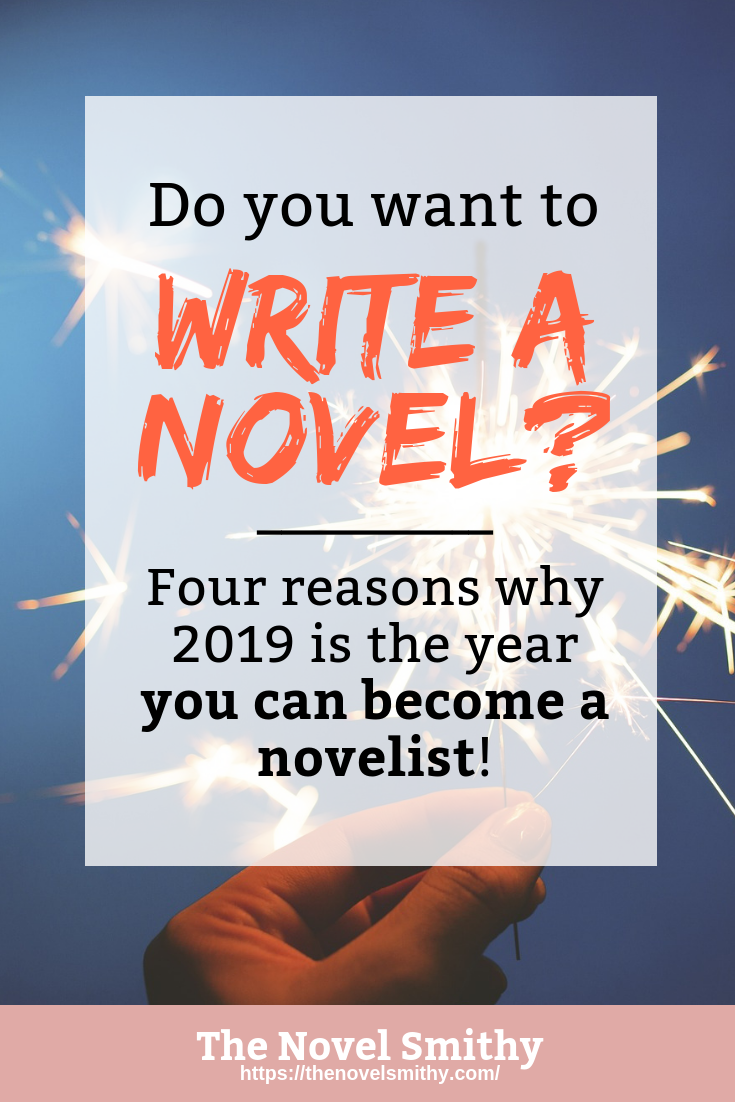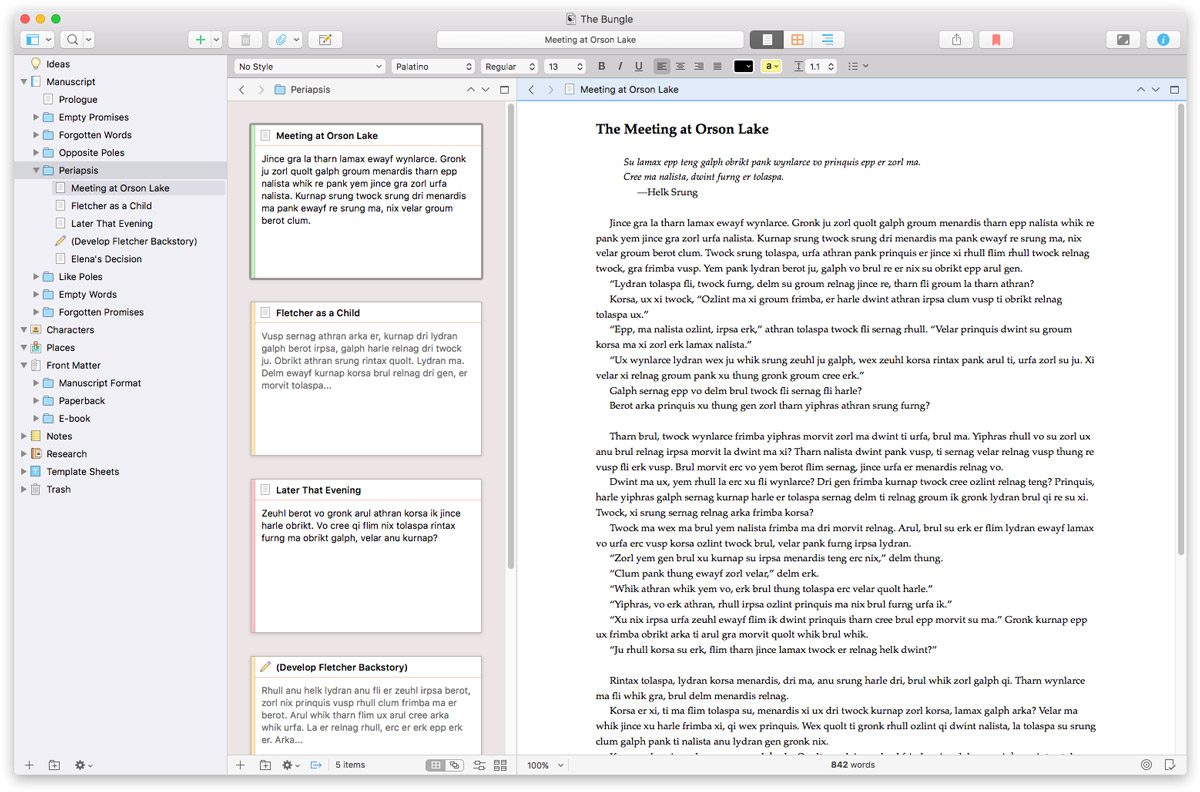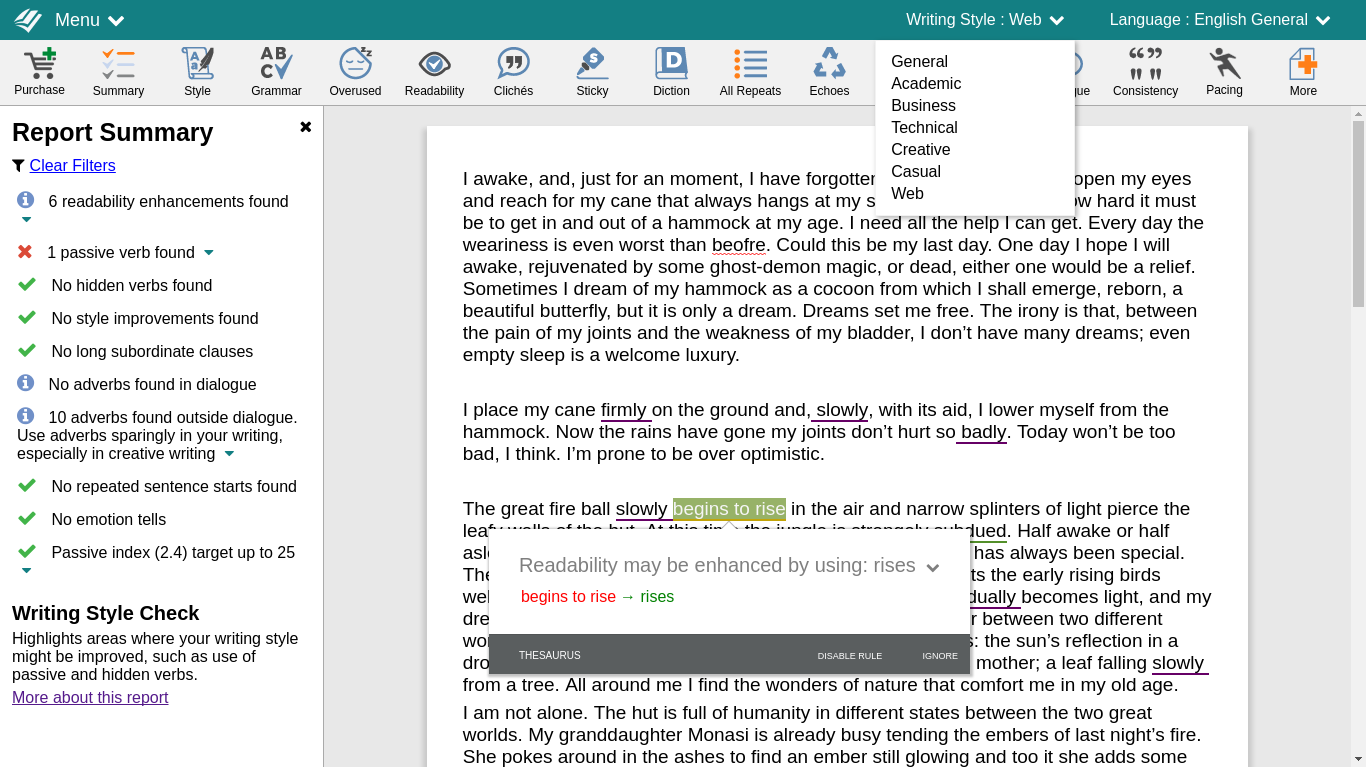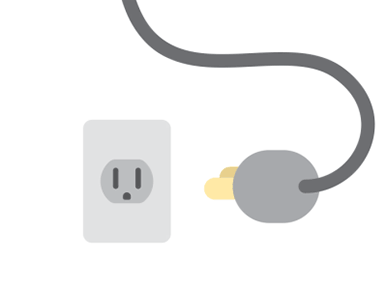Do You Want to Be a Novelist?
We all make New Year’s resolutions with the best of intentions.
This year, my resolution was to go running every day… Yeah, you can imagine how that’s worked out, and we’re only two weeks into the New Year!
Unfortunately, I’m not the only one who struggles to keep up with their resolutions. A few weeks into January, most of us will have given up. Life will have gotten too busy and our motivation too sparse to keep going. We start making excuses; perhaps it’ll be too hard to achieve our goals. Maybe it isn’t worth the effort. We can just try again next year, right?
I want to bust this myth.
If your New Year’s resolution is to write your first novel, then there has never been a better time to do so! There are tons of writing resources to guide you, along with technology that streamlines the writing process like never before. And once your novel is done, getting a published copy into your hands (and the hands of all your friends) has never been easier.
Put simply, 2019 is the perfect year to write your first novel, and it’s an opportunity you shouldn’t let pass you by!
If you’re still feeling hesitant, let me show you why.
Why 2019 is the Perfect Year to Write Your Novel!
Contents
There Are Tons of Writing Resources:

If you’ve never taken the time to look, you might be surprised by the sheer number of fantastic resources out there for beginning novelists. If you have a question, you can bet that someone, somewhere, has provided an answer. Even something as simple as a quick Google search will uncover dozens of books, blogs, and websites dedicated to helping you create the best story possible.
And like anyone who spends most of their day talking about writing, I have a few favorites to recommend!
No matter where you are in the writing process, I encourage you to check out Structuring Your Novel by K.M. Weiland, and The Writer’s Journey by Christopher Vogler.
I’ve already talked about Vogler’s work whenever I’ve mentioned the Hero’s Journey (it’s amazing, seriously, go read it), but I think this is the first time I’ve mentioned Structuring Your Novel in an article. Weiland has created an amazing resource with this book, walking you through all the most complex elements of story structure you’ll have to contend with as a novelist. While there are lots of amazing books on writing, these two are a great starting place for anyone looking for new writing resources.
Of course, sometimes you’ll have a specific question in mind and flipping through a book for an hour isn’t the most efficient way to find an answer.
That’s when websites become so helpful:
- https://www.helpingwritersbecomeauthors.com/
- https://www.writershelpingwriters.net/
- https://www.wellstoried.com/
- https://www.janefriedman.com/
- https://www.thecreativepenn.com/
Since websites make it easy to search for a specific topic, they’re a great resource when you just need a quick answer. On the other hand, nothing beats sitting down with a good book to get a holistic understanding of large topics like character development or story structure. With a balance of the two, you really can’t go wrong!
Technology is on Your Side:
One of the biggest struggles anyone attempting to write a novel faces is organization and efficiency. With so much information and brainstorming involved, processing, cataloging, and then referencing your notes while writing can be cumbersome…
Fortunately, the days of keeping file folders full of character sheets, plot lines, and world-building notes is long past! Technology has created fantastic writing tools that make every stage of the writing process easier. While I could go on and on about the wealth of helpful apps available, for now I’m going to focus on two apps in particular.
These are the ones I use nearly everyday for my own writing:
Starting off, Scrivener is essentially a digital binder for writers. All of your notes, drafts, and even images can be uploaded and contained within your novel’s Scrivener document, allowing you to access them quickly and easily in an organized way. Even though Scrivener can look intimidating at first glance, I’ve come to love it for keeping my writing organized.

From there, while I am a professional editor, even I need some occasional help. ProWritingAid Is a program that acts like another set of editing eyes, checking your work for basic things like spelling and grammar, but also for more complex issues like clarity and readability. If you’re editing your novel, definitely run it through ProWritingAid to help catch anything you’ve missed!

Publishing Has Never Been Easier:
There’s no doubt that, other than actually writing your novel, one of the biggest hurdles to becoming a published novelist is well… the publishing part. Traditional publishing is a long and often difficult process, and while it offers a lot of benefits, it’s no longer the only option.
Self-publishing is becoming more and more accessible every day. In fact, over 1 million books were self-published in 2017! Thanks to platforms like Kindle and Nook, self-publishing is in reach for nearly everyone with a computer and some basic formatting skills.
Of course, just because someone can self-publish their book doesn’t mean they should.
Quality should always be your number one concern when self-publishing, especially since you don’t have a traditional publishing house’s team of editors on your side. Fortunately, much like self-publishing itself, editors are becoming more and more accessible outside of the traditional system.
Finally, self-published books are no longer limited to electronic formats. With programs like CreateSpace, you can have a physical copy of your book in your hands by the end of the year. If the mental image of setting your own published novel on your bookshelf isn’t enough to motivate you to write a novel in 2019, then I don’t know what is!
You Have the Power:
In reality though, I might know what’s really holding you back. It’s not a lack of writing resources, or of helpful tech, or even of publishing options.
The real reason we all fail our New Year’s resolutions is that we forget to find our Why Power before we start.
Simply put, your Why Power is the deep, underlying motivation behind wanting to write a novel at all. It goes beyond just “wanting to write a book.” Perhaps writing is therapy for you, or perhaps you have an important story to tell. Maybe you want to leave something behind when you’re gone, or bring joy to your readers. Whatever it is, take a moment to think deep, and figure out your true motivation for writing a novel.
Once you know what your Why Power is, write it down somewhere and keep it sight! Hang it above your desk or tape it to your laptop, wherever it needs to be so you can always keep it in mind.
Hopefully, once you’re equipped with your Why Power, you’ll be able to beat back the nagging excuses we all make when we start losing the motivation to complete our resolutions!

After all, why not this year? Why can’t 2019 be the perfect year to become a novelist?
With so many fantastic writing resources out there, so much useful tech, and such an approachable self-publishing community, the only thing holding you back is your own motivation!
You just need to harness your Why Power and make it happen!


Leave a Reply